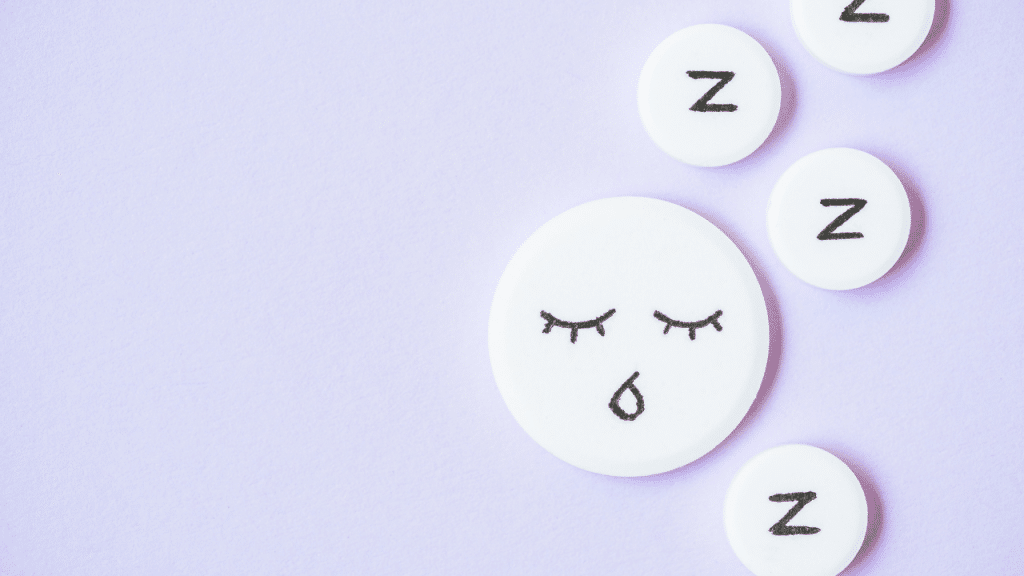Hormonal imbalances can affect everything from mood and energy levels to digestion and skin health. While medical interventions may be necessary in some cases, there are numerous natural strategies that can help support hormonal balance and improve overall well-being. By making simple lifestyle changes, you can take control of your health and promote optimal hormone function.
Here’s a comprehensive guide to managing hormonal imbalances naturally through diet, exercise, stress management, and sleep.
1. Eat a Hormone-Supporting Diet
What you eat plays a significant role in regulating your hormones. A nutrient-dense, whole-food diet can provide the building blocks your body needs for hormone production while minimizing disruptions caused by processed foods.
Foods That Support Hormonal Health:
- Healthy fats: Found in avocados, nuts, seeds, and fatty fish, these fats are essential for hormone synthesis.
- High-quality protein: Lean meats, eggs, legumes, and fish help produce peptide hormones like insulin and growth hormone.
- Fiber-rich foods: Lentils, berries, oats, and chia seeds contribute to insulin regulation and appetite control.
- Fermented foods: Yogurt, kefir, sauerkraut, and kimchi improve gut health, which is closely linked to hormone balance.
- Cruciferous vegetables: Broccoli, cauliflower, and kale contain compounds that support estrogen metabolism.

Foods to Avoid:
- Processed foods
- Refined sugars
- Unhealthy trans fats
2. Exercise Regularly
Physical activity is one of the most effective ways to promote hormonal balance. Exercise helps regulate cortisol levels (the stress hormone), improves insulin sensitivity for better blood sugar control, and stimulates the release of mood-enhancing endorphins.

Types of Exercise for Hormonal Balance:
- Cardio: Walking, running, cycling—great for reducing cortisol.
- Strength training: Weightlifting boosts growth hormone levels and supports metabolism.
- Mind-body practices: Yoga or Pilates combine physical movement with relaxation techniques to lower stress hormones.
Aim for at least 150 minutes of moderate-intensity exercise per week while listening to your body’s needs to avoid overtraining.
3. Manage Stress Effectively
Chronic stress is a major disruptor of hormonal health. Elevated cortisol levels can lead to weight gain, mood swings, and insulin resistance. Prioritizing stress management is key to maintaining balance.

Stress Reduction Techniques:
- Meditation: Practice mindfulness or guided meditation daily.
- Deep breathing exercises: Help calm the nervous system.
- Yoga or tai chi: Combine physical movement with relaxation.
- Hobbies: Engage in activities you enjoy to promote mental wellness.
- Social connections: Build a strong support system with loved ones.
4. Get Consistent Quality Sleep
Sleep is vital for hormonal regulation. During sleep, your body produces growth hormone and balances cortisol levels. Poor sleep can disrupt appetite-regulating hormones like leptin and ghrelin.

Tips for Better Sleep:
- Stick to a consistent bedtime routine.
- Avoid blue-light devices (phones or TVs) before bed.
- Keep your bedroom cool, dark, and quiet.
- Aim for 7–9 hours of uninterrupted sleep per night.
5. Consider Herbal Supplements

Certain herbs have been shown to support hormonal health naturally:
Herbs That May Help:
- Black cohosh: Supports estrogen balance during menopause.
- Chasteberry (Vitex): Regulates menstrual cycles and reduces PMS symptoms.
- Maca root: Improves mood and balances sex hormones.
- Ashwagandha: Lowers cortisol levels and promotes relaxation.
Always consult a healthcare professional before starting any herbal supplements as they may interact with medications.
FAQs About Hormonal Health
Q1: What are the signs of hormonal imbalance?
A: Common signs include fatigue, mood swings, weight gain or loss, irregular periods, acne, digestive issues, and sleep disturbances.
Q2: Can diet alone balance hormones?
A: While diet plays a crucial role in supporting hormonal health, combining it with exercise, stress management techniques, and adequate sleep yields the best results.
Q3: How does exercise affect hormones?
A: Exercise reduces cortisol (stress hormone), improves insulin sensitivity (blood sugar control), stimulates growth hormone production (muscle repair), and boosts endorphins (mood enhancers).
Q4: Are herbal supplements safe for everyone?
A: Not always—herbal supplements may interact with medications or be unsuitable for certain conditions. Consult a healthcare provider before use.
Q5: How does sleep impact hormones?
A: Sleep regulates hormones like cortisol (stress), growth hormone (repair), leptin (appetite suppression), and ghrelin (hunger stimulation). Poor sleep disrupts these processes.
Take Control of Your Hormonal Health Today!
Ready to balance your hormones naturally? Visit HormoneHealthQueen.com for expert advice on nutrition tips, fitness routines tailored to your cycle, stress management techniques, and more.
Follow us on social media for daily inspiration on living a balanced life through natural strategies!



